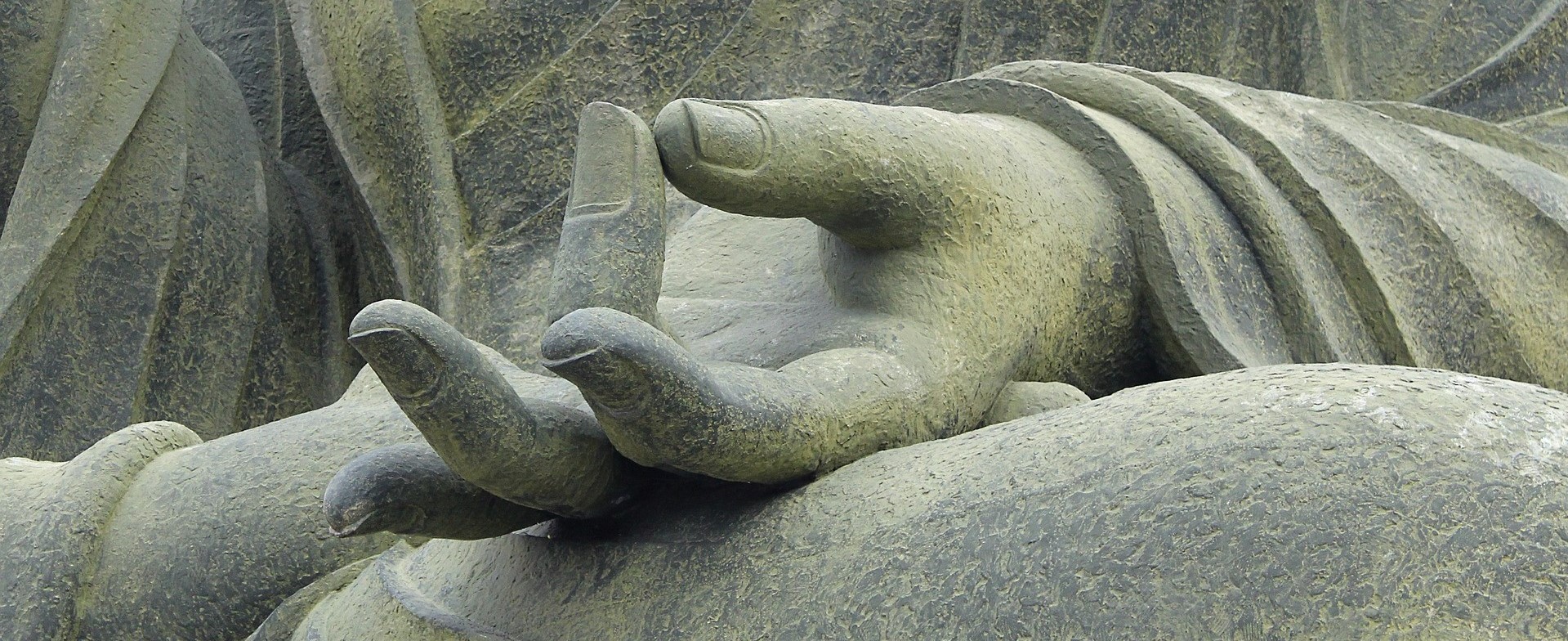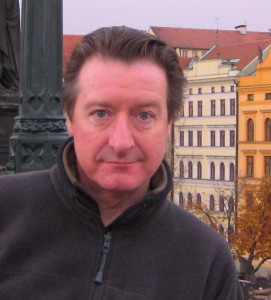
What makes a great leader? Drive and presence
“the skilful management of attention is the sine qua non of the good life and the key to improving virtually every aspect of your experience” and “who you are, what you think, feel, and do, what you love-is the sum of what you focus on.” -Winifred Gallagher
“leaders can become prisoners of too much cognitive input when what they should do is improve the quality of attention they give to the here and now” Michael Chaskalson
A sense of drive is one of single most important attributes leaders can have-the drive to create a successful team, a purposeful business, meet targets, focus, do deep work[1], have excellent presentation skills, strategic thinking and problem solving, giving meaningful feedback, leading change and building teams. These are, arguably, all first class, outward facing skills, yet great leaders are also known to just get through, keep going, coping well, past the point of true effectiveness-their drive leading to overdrive when even the fumes they were running on, run out.
Effective work is a balance between challenge and resource; some challenge (stress) can be a good thing, provided we have effective resources, though running on fumes is a familiar experience felt by many great leaders. We sometimes assume leaders are better at rising above the obstacles and stressors of everyday work life. However, stress can be a polarising state: It is either too challenging and overwhelms and shuts a person down, or galvanises them to face the challenges at hand-providing the right resources are present.
When we are stressed we are seldom present, when we are not present a significant amount of our lives are bound up in the opposite of being attentive and aware; we’re caught up in distraction and our unconsciously and automatically piloted behaviours. We disrupt our sense of presence or being here and now; we are no longer in touch with what’s happening now. Great leadership means being attentive, awake and being here and now: presence.
Lisa Feldman Barrett[2] writes about what she calls our “body budget”-our available resources that are the fuel, energy or budget that keeps us going, and if even great leaders keep going they will eventually blow their body budget. Coping, therefore, is not enough; great leaders have to manage their energy by bringing a sense of presence or mindful awareness to their work. This is the other side to the coin of great leadership; the capacity to move within to restore resilience and manage energy release.
Mindful presence for great leaders
Aetna, the third largest health insurer in the U.S. recently partnered with Duke University to study meditation and yoga. Researchers found mindfulness practices decreased stress levels by 28%, improved sleep quality by 20%, reduced pain by 19%, and improved productivity 62 minutes per employee per week. Aetna is now offering similar programs to employees as well as to its customers. Companies such as Google, General Mills, Blackstone and Goldman Sachs have shown that mindfulness training increases presence and decreases stress levels.[3] A mindfulness course at Google called Search Inside Yourself[4] is one of the company’s most popular training programs. Approximately 2,000+ employees have participated in it.
Six of the best practices to build up resources and bring presence into great leadership
- Breathe: it doesn’t take long in the working day before your breathing is taking place from the chest upwards; research shows[5] that lower belly breathing both relaxes, oxygenates and revitalises the body budget. Inhale to the count of 4, then out to the count of 4: get a felt sense of your breath travelling down, into your body, imagine your breath coming out the pores of your skin in your feet.
- Ground: rock and root. Feel yourself rocking on your feet then root into the ground (i.e. the floor of your office) as if you literally had roots that connect and anchor you into the earth. Stretch out-when we take part in cognitive work we inevitably contract our bodies; we need to stand up and move our bodies outwards to inhabit a wider and more relaxed, open body space.[6]
- Walk: go for a walk, out of the office if you can, get some fresh air. If you can’t, try to find a part of the building that has a large window with a view: look into the horizon and expand yours.
- Come to your senses: what do you see, what can you touch, taste, smell and hear? Doing deep work can leave us sensate deprived and we need to replenish this right throughout the day.
- Watch your food intake, watch your sleep: sorry, but grandma was right after all, much of our body budget, and hence our presence can be improved by better food and better sleep. The key really is the Buddhist inspired middle way: not too much, not too little.
- Recognise the EWS or early warning signs of a low body budget; are you getting distracted, snappy? Act now.
Another way of thinking about this by introducing pause(s) into your day, a pause for mindful presence and your resources to restore.
Finally, its crucial to know yourself, not just your drive but also your motivation and need to self-actualise-to realise the potentials that you may have kept in shadow[7], yet are also potential toxic blind spots that bring ruination to your leadership.
Be great: have drive-but get out of your own way and also have presence!
[1] See Cal Newport Deep Work
[2] Lisa Feldman Barrett How Emotions Are Made
[3] For a wealth of research see Michael Chaskalson’s book The Mindful Workplace
[4] See Chade-Meng Tan Search Inside Yourself
[5] Brown & Gerbag The Healing Power of The Breath
[6] The ex-NASA manager Ginny Whitelaw calls this going from tension to extension see her book The Zen Leader
[7] See Charley Morley Dreaming Through Darkness for an exploration of the human shadow





Write a Comment